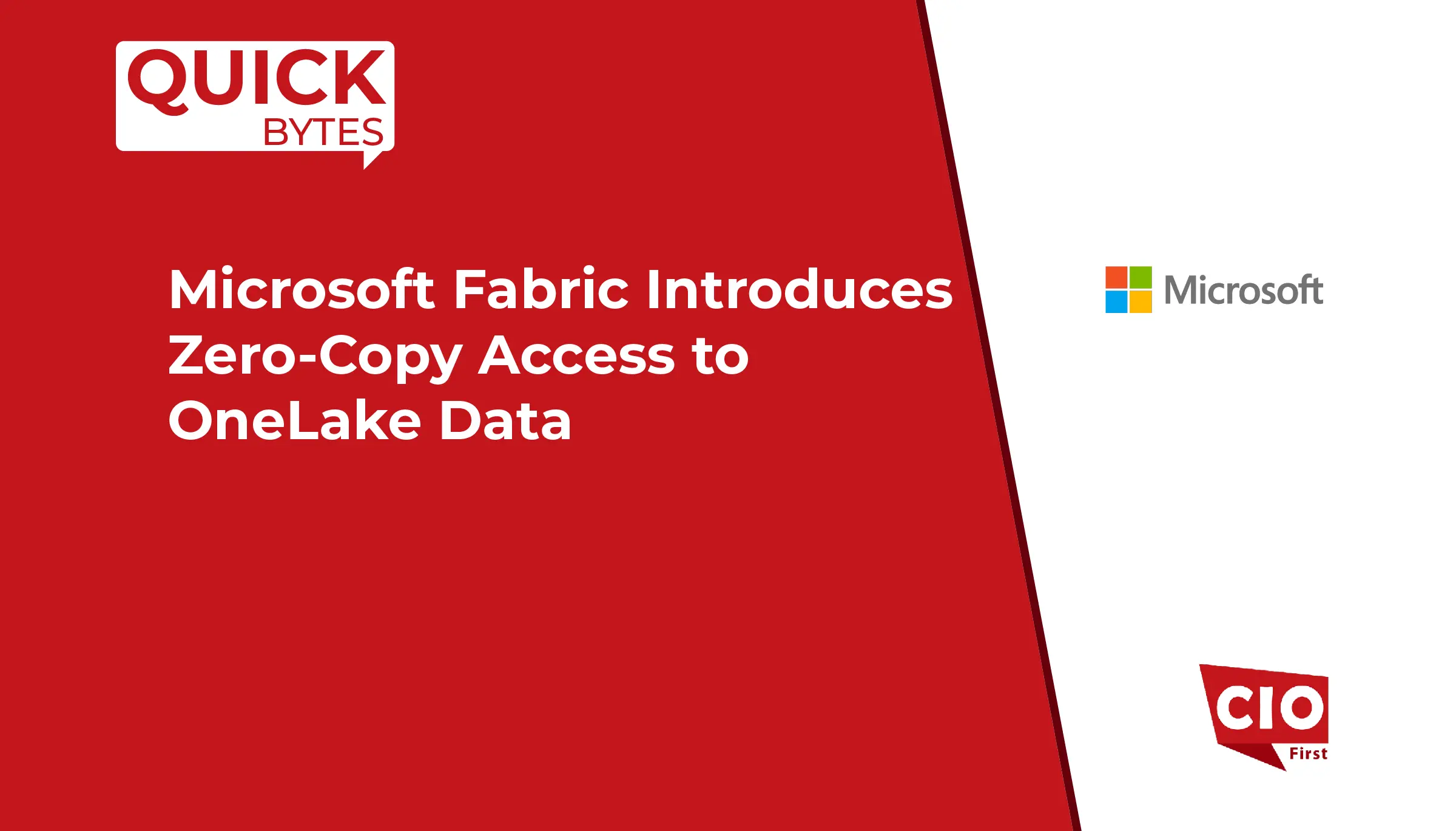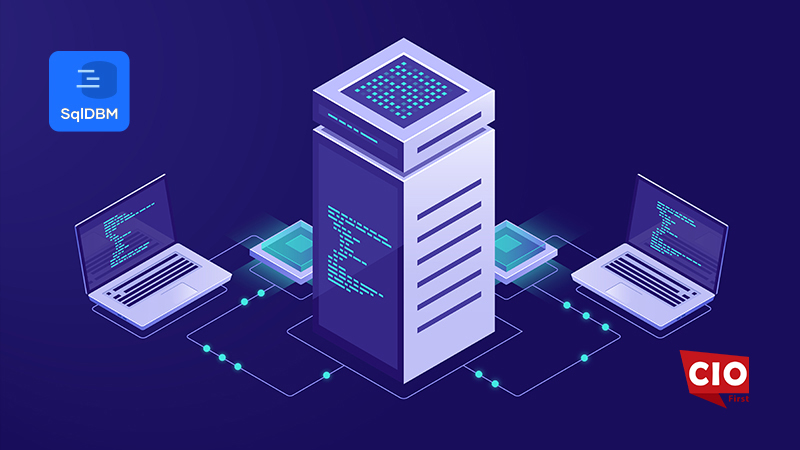SqlDBM, the leading collaborative, cloud-based data modeling solution for the enterprise, announced a series of new features that will support Global Modeling, a data modeling framework that enables organizations to unify cross functional teams in data modeling efforts. Now, organizations can improve data integrity with a holistic view of their enterprise-wide data structures, so that they can be consistent in how data is understood and consumed across teams.
According to Gartner, more than half of enterprise IT spending will shift to the cloud by 2025. As enterprise organizations have scaled and the move to cloud-based platforms has accelerated, data modeling practices have not evolved in the same way. Traditional data modeling is often centralized and siloed, which can leave enterprises with unenforced standards and an incomplete view of their data across domains. SqlDBM’s latest offering is the first in the market to align with today’s data practices.
Similar to how Google Suite enhanced the way businesses collaborate asynchronously, SqlDBM is bringing an innovative approach to data modeling that allows enterprises to adapt to the fast-paced changes of the modern data landscape. These new capabilities in support of Global Modeling include:
- Users can virtually define and diagram relationships between objects within separate domains or models, improving data integrity and governance.
- SqlDBM applies contextual search across modeling domains and projects, enhancing visibility by making data structures discoverable, searchable, and reusable.
- Users can create templates and standards to establish a common language standard across domains, which ensures uniformity while enabling high-quality data designs at scale.
- SqlDBM offers insight into how data flows between tables from source to target, even across separate data platforms and domains, so teams can make informed decisions and enhance overall data maturation, ownership, and governance.
“With Global Modeling, enterprises can escape traditional data modeling constraints and embrace a new, modern approach that empowers decentralized teams focused on data products and data mesh to navigate the complexities of modern data landscapes with confidence,” said Keith Belanger, Product Evangelist at SqlDBM. “By harmonizing these teams with SqlDBM, organizations can leverage data modeling best practices and achieve unparalleled efficiency, agility, and design quality, driving transformative outcomes.”
SOURCE: BusinessWire



























